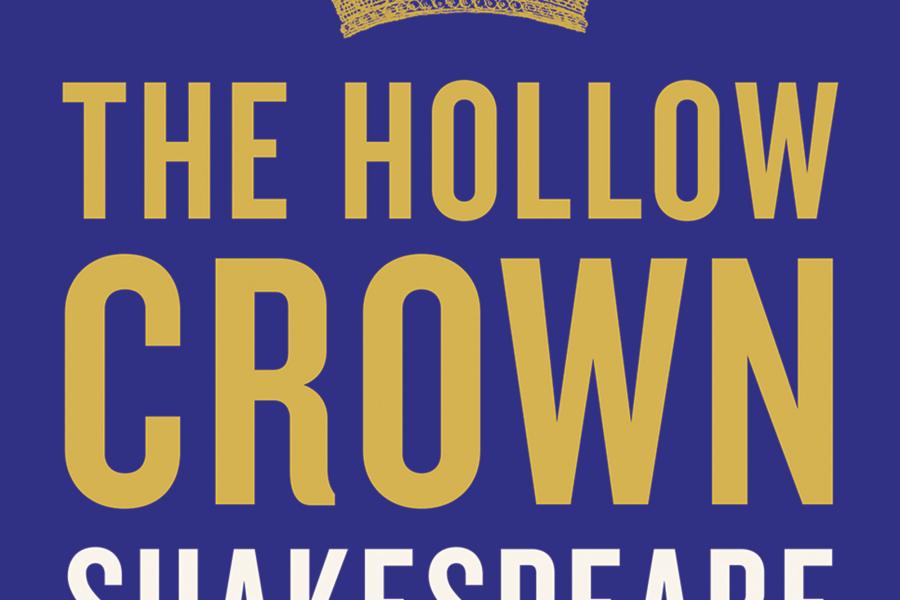What can Shakespeare teach us about modern-day politics? SAIS Professor Eliot A. Cohen thinks plenty. In his new book, The Hollow Crown: Shakespeare on How Leaders Rise, Rule, and Fall, Cohen draws on Macbeth, King Lear, Richard III, and other works by the Bard to show us how power is acquired, exercised, and ultimately lost. History, he writes, often repeats itself.
An expert on defense and international policy, Cohen served as counselor of the Department of State from 2007 to 2009, where he witnessed firsthand many of these rises and falls. For the past decade, Cohen has regularly taught a class on Shakespeare for policymakers offered to graduate students and freshmen at Homewood. This book is a result. "What gripped my students, and what grips me, is Shakespeare's preoccupation with and understanding of character," he writes, "which is itself at the heart of the politics that I have seen and lived."
In the leadup to Russia's invasion of Ukraine, many experts felt Putin was either bluffing or would launch a limited campaign. They thought that "he would not be mad enough to blow to pieces jewels like Odessa or Kyiv in the heart of central Europe," Cohen writes. But Cohen disagreed, and Richard III provided the clues. In the play's first three acts, Richard commits a variety of deceits and crimes but largely conceals his intentions and motivations. But crowned king, the gloves are off. "Now, however, he is direct, violent, and dictatorial. Kingship and the experiences of successful murder have transformed him into one who thinks he no longer needs to conceal his whims or his purposes."
He likens Winston Churchill's rise to power to Henry IV's, both artfully achieved and acquired. John F. Kennedy's inaugural speech, which inspired a generation, bears many hallmarks of Shakespearean language. In documenting Richard's demise, Cohen writes that the king at the end realized power and title have consumed him, to the point where he cannot even recognize the man he once was. Like many of Shakespeare's characters, he acquired a measure of wisdom too late for it to be of any use. In full, Hollow Crown is a thoughtful consideration on the complexities of power, making Shakespeare's works all the more timeless.
Posted in Arts+Culture, Politics+Society








